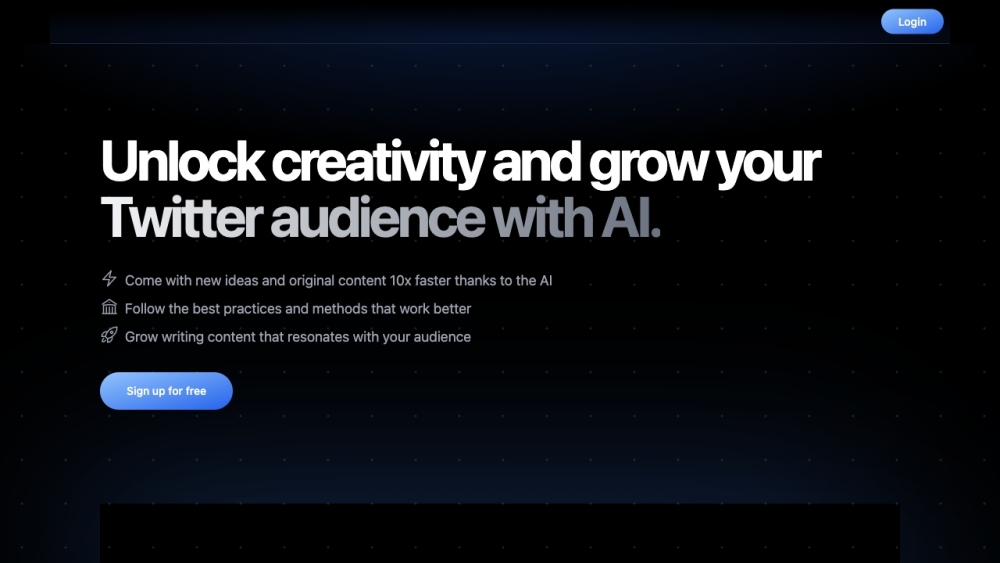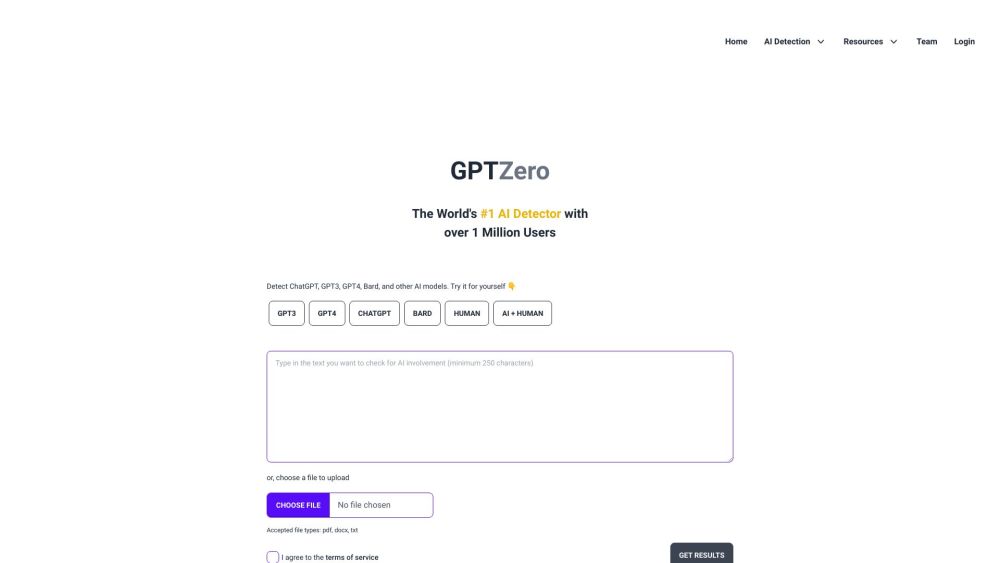Keynote Address by Huang Jin, Vice President of Huawei Cloud: The Future of Smart Cities Powered by AI
On September 20, 2023, the “2023 Digital Economy Summit: Urban Smart Upgrade Forum” was held in Shanghai, organized by People’s Daily and the Shanghai Municipal Economic and Information Technology Committee. In his keynote address, Huang Jin, Vice President of Huawei Cloud, asserted that large AI models will revolutionize digital cities and enhance human-centered design. He highlighted Huawei’s commitment to integrating technology into urban development through advancements in computing power, data management, modeling, and application scenarios.
Huang emphasized that large AI models have become vital drivers of urban innovation, offering superior precision and adaptability compared to smaller models. He projected that within two years, over 50% of key industry scenarios will be implemented using these technologies.
He discussed how AI models will reshape "digital cities." For example, Digital Governance can improve the efficiency and satisfaction of citizen services, while Digital Economies facilitate smarter enhancements for local industries. Furthermore, Digital Culture enables enhanced communication, and Digital Societies promote better community management, contributing to the preservation of ecological balance.
A key aspect of Huang's vision is a human-centered approach, ensuring that every citizen benefits from expert assistance in daily activities. This strategy aims to enhance overall happiness across various facets of life—whether regarding clothing, food, housing, transportation, health, or education. By leveraging AI, cities can create smarter urban ecosystems that continuously optimize and thrive. To realize the full potential of AI in urban settings, Huang outlined four essential factors:
1. Innovation in Computing Power: Cities should develop a unified cloud infrastructure for coordinated computing resources. Centralized cloud platforms should be established to facilitate sharing of software, datasets, and algorithms. Huawei Cloud has initiated large AI computing centers in Gui’an, Ulanqab, and Wuhu to support mainstream AI models with robust cloud capabilities.
2. Data Innovation: High-quality data collection and comprehensive data lakes are necessary for fostering innovative capabilities such as "data storage and computation separation" and "real-time data lakes." Efficient data flow management enhances urban value creation while maintaining trustworthy and verifiable data governance.
3. Model Innovation: Huawei Cloud’s PanGu large models—comprising foundational models (L0), industry-specific models (L1), and context-specific models (L2)—facilitate intelligent upgrades across various sectors. For instance, the PanGu urban visual model has significantly enhanced the accuracy of video inspections in Guangzhou’s Baiyun District.
4. Scenario Innovation: The application of AI in urban environments should first address high-value situations, such as urban hotlines. The PanGu system enhances intelligent voice navigation, customer service interactions, and real-time quality monitoring, making government services more accessible. Moreover, it empowers local industries to achieve smarter upgrades, with improvements in efficiency exceeding 20%. Huawei Cloud has already supported over 1,000 enterprises in their digital transformation efforts.
Huang concluded by highlighting the growing significance of large models in the digital economy. "Digital twins of cities represent a critical development direction. The integration of digital twins with PanGu spatiotemporal models will drive further innovation," he stated. As cities enhance their visibility, management, and verification capabilities, we can anticipate a wave of innovative functions and experiences.





